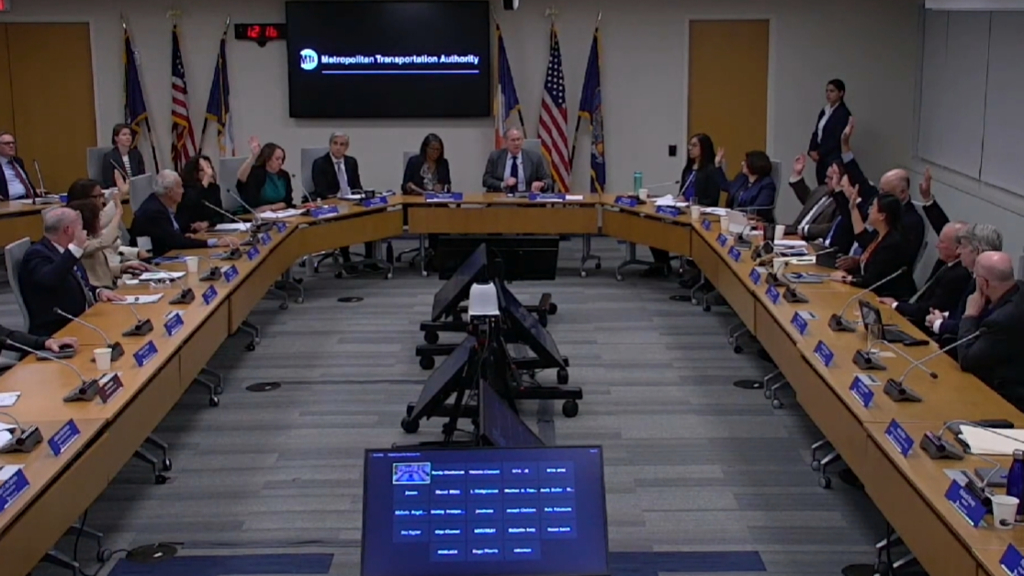
New York has moved closer to becoming the first U.S. city to implement traffic congestion tolls.
Key points:
- The Metropolitan Transportation Authority (MTA) board on Wednesday approved a plan to charge a $15 toll for vehicles entering Manhattan south of 60th Street during the day.
- The policy could go into effect in mid-June.
The details:
- The $15 fee will be levied on most passenger vehicles entering Manhattan south of 60th Street during daytime hours, with higher rates for buses and trucks ($24 to $36) and discounted rates for motorcycles ($7.50), for-hire cars ($2.50), taxis ($1.50) and late-night entries. The move aims to alleviate congestion, improve public transport, reduce pollution and generate funds for subway and bus system enhancements.
- Proponents argue the fee will encourage public transport use, expedite bus and emergency vehicle travel, and lower pollution levels while generating funds for transit improvements. Critics, on the other hand, contend that it will impose undue financial burden on workers and could lead to increased costs for goods transported into the city.
- Following the MTA board’s approval, the plan awaits final endorsement from the Federal Highway Administration. Despite legal challenges — notably from the state of New Jersey and various local entities — implementation is expected to commence in mid-June.
- Singapore was the world’s first city to impose congestion tolls in 1975. Current fees vary by location and time of day, with no charges outside of peak times, on Sundays and public holidays. London, Milan and Stockholm also charge congestion tolls.
- Other U.S. locations have imposed congestion tolls of varying scales for certain areas. These include Northern Virginia for Interstate 66, Los Angeles County for Interstates 10 and 110, the San Francisco Bay Area for the Bay Bridge, and Washington state for the SR 520 Bridge and Interstate 405, among other locations.
Read the full article here





